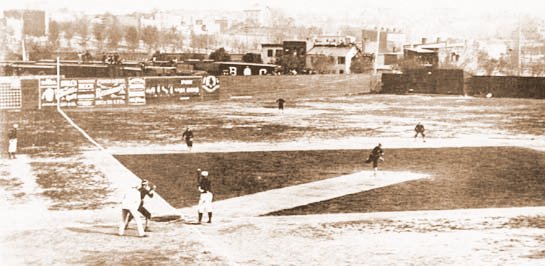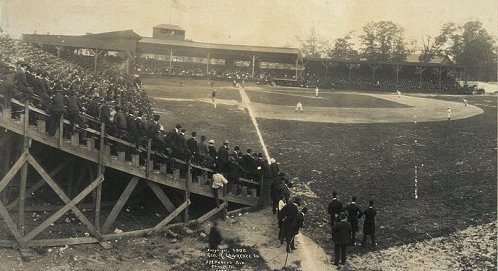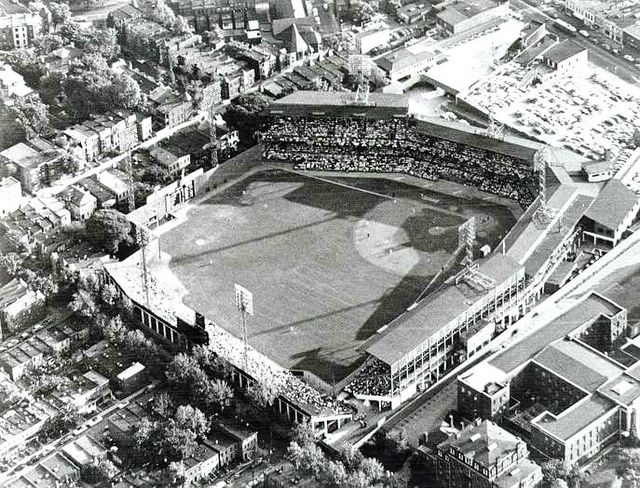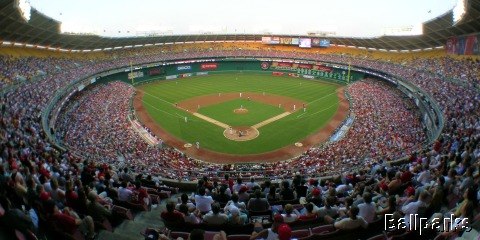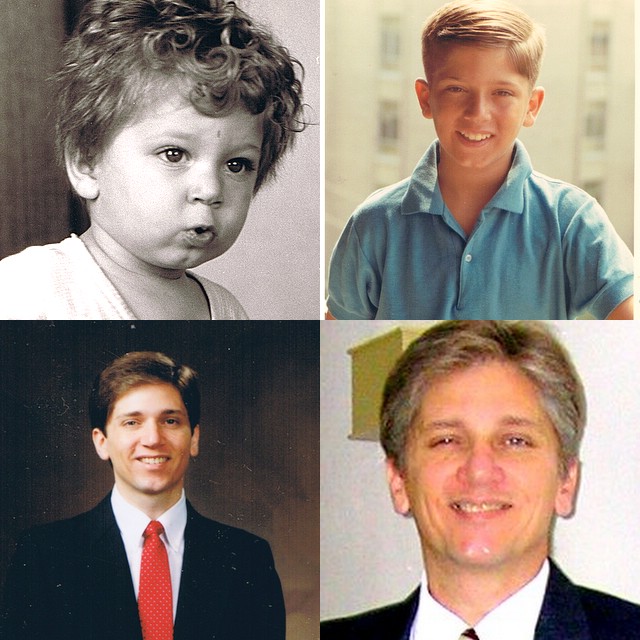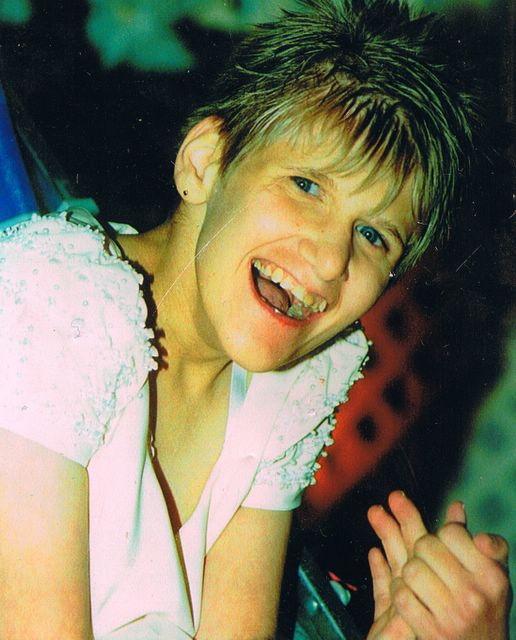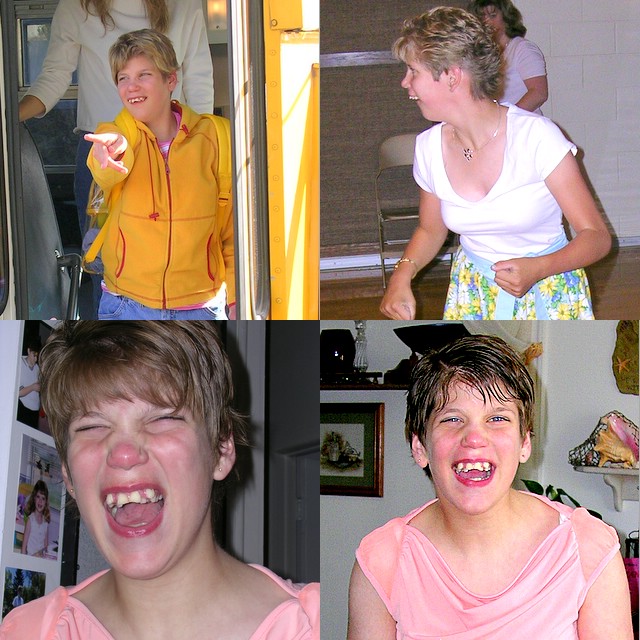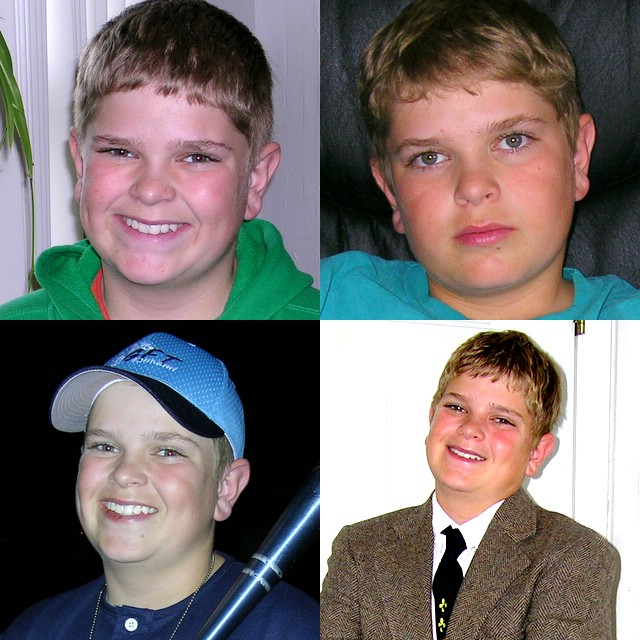It Gets Curiouser And Curiouser
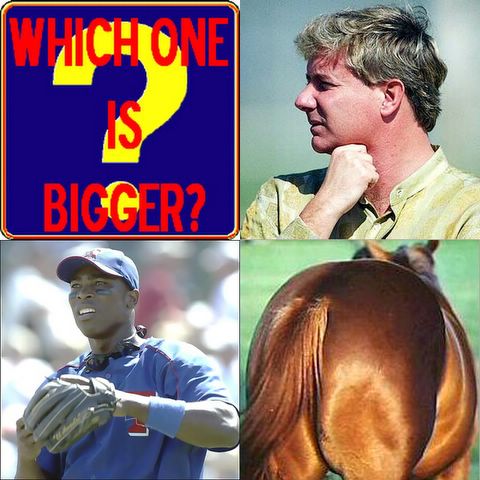 [December 20th] -- I'm just not sure who to blame for this fiasco.
[December 20th] -- I'm just not sure who to blame for this fiasco.
The AP is reporting that Alfonso Soriano has taken his threat not to play the outfield one step further. He's now saying that he's only going to play for the Nationals for the 2006 season and then return to the American League as an unrestricted free agent. His "comfort level" resides in the American League, or so he says, and he doesn't want to learn a new league.
I guess it's too difficult for him.
He reiterated his position yet again: "I don't want to change," Soriano said Monday night at a dinner held for major league players by Dominican Republic President Leonel Fernandez. "If I haven't done it before, I won't do it now."
Soriano's latest refusal to change positions comes only a few hours after Nomar Garicaparra, a five-time all star, waxed poetic about his love of baseball, eagerly embracing a move to first base to help the Dodgers win their division. Speaking at his press conference in Los Angeles yesterday afternoon, he said, "I'm happy to do it. Last season, I went to Dusty [Baker] and offered to play a different position to cover for an injured teammate. I was playing there that very night. It's the job of a player to do whatever it takes to help his team. That's just who I am."
And then there is Alfonso Soriano, who is the antithesis of Nomar Garciaparra.
Soriano has damaged the Washington Nationals both coming and going. Placing his needs before that of the team, he has steadfastly refused to make a position switch, worrying that having to learn a new position would harm his offensive production and lessen his value on the open market next fall. He even took a dig at the Nationals, saying, "I wouldn't change positions for the Rangers and I wouldn't change positions for the New York Yankees. Why would I do it for the Washington Nationals?"
So now, [or so it seems], half of the Nationals' roster is filled with second baseman. Jose Vidro can't play anywhere else and Alfonso Soriano won't play anywhere else. A few days ago, Jim Bowden could have eased Soriano down the road, getting real value [a pitcher?] for him. Now he screams from the upper deck that 1] he's not returning to the Nationals and 2] he won't play in the National League a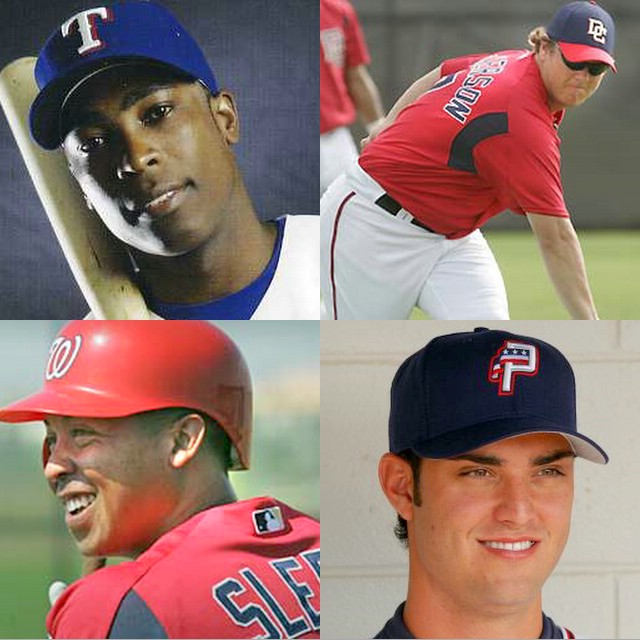 fter this season. Bowden can do one of two things at this point. He can force Soriano to remain with the team to spite him [oh yeah, that'll work] or trade him now before things get worse. Let's see. What are the team's options. Hmmm. Well, every National League team knows that there is no chance of re-signing him next year and they're not going to spend $10 million for Soriano to be only a one-year wonder, and the American League teams will offer far below market value for the grumpy infielder because the Nationals are screwed and there is nothing else the team can do.
fter this season. Bowden can do one of two things at this point. He can force Soriano to remain with the team to spite him [oh yeah, that'll work] or trade him now before things get worse. Let's see. What are the team's options. Hmmm. Well, every National League team knows that there is no chance of re-signing him next year and they're not going to spend $10 million for Soriano to be only a one-year wonder, and the American League teams will offer far below market value for the grumpy infielder because the Nationals are screwed and there is nothing else the team can do.
So, whose the biggest horses pitutti in this deal? Is it Alfonso Sorinano, whose personality and self-importance makes Jose Guillen look like Dale Murphy? Or perhaps it's Jim Bowden, who suffers from the Tony-Fernandez syndrome, an affliction whereby baseball general managers believe that if they did it once, they can do it again.
Bowden gets my vote. The first thing that crossed my mind when I heard the trade was "Gee, we've already got a second baseman. Maybe he's going to play the outfield. He refused to switch positions two seasons ago -- I wonder if he's going to do it here? Yeah. He will. Bowden wouldn't have pulled the trigger if he hadn't checked first." Of course, he didn't. "I got Tony Fernandez to switch positions, so I'll darn well get Soriano to" [my words, his idea].
Bowden replaced a player who struck out a lot with a player who strikes out a lot. He replaced a player with one of the best on base percentages with a player with one of the worst. He replaced a player willing to do anything for his team with a player out for himself. Then, just for good measure, Bowden threw in a second [potentially] starting outfielder and a young arm. Oh, the wasn't exactly golden, but it was bright and shiny and fast.
Most Nationals' fans could have told Jim Bowden that Alfonso Soriano wasn't exactly a team player. That initial rush of "wow" was immediately followed by a louder, and more ominous "uh-oh" when we heard of the trade. We knew that Soriano was a two-dimensional player; why didn't Bowden? Some believe that, failing to pull the trigger on a trade that would help the team, he simply "pulled the trigger" on a trade. Any trade.
Sometime between now and the start of spring training, there will be a press-release from the office of general manager Jim Bowden that goes something like this: The Washington Nationals announce that Alfonso Soriano has been traded to the [insert team here] for pitchers ------ ------ and ----- -------. Nationals general manager Jim Bowden said that "We traded for Alfonso Soriano for the express purpose of trading him again for the pitching help the teams so desperately needed. I apologize for the subterfuge regarding my wanting him to play the outfield. It was just part of the process."
I have been a supporter of Jim Bowden since the acquisition of Cristian Guzman. No one could have anticipated what happened, and I predict that the Nats' shortstop will rebound in 2006. But anyone could have predicted the fallout of the Soriano fiasco. When the team is finally sold, and all of the stadium issues are finally put to rest, when the new owners have the time to evaluate the team's management structure, Bowden will be fired. Oh, they'll say the right things, that they greatly appreciate Jim Bowden's stewardship and energy, that he helped make the transition to Washington a smooth one, but he was being replaced because, after all, the job was only temporary.
Don't believe it. Bowden's going to get canned because he didn't foresee the fallout from this trade, because the Nationals traded two quality outfielders and a young arm, and will likely realize a return on their investment of only the bodies they receive in trade when Soriano finally goes away. And I am fearful that they'll be just that: only bodies.
Sometimes, trades don't go well in spite of the hard work and research that went into them. Those we can live with. Other times, trades don't go well because there was little hard work and absolutely no research. Those we can't live with. And Neither will Bowden.
Not for much longer, anyway.
On the "Stop or we'll lose" article, Phil says that I am naive or have my head in the sand. They all stay.
<< Home











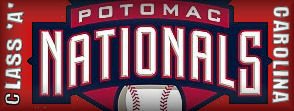

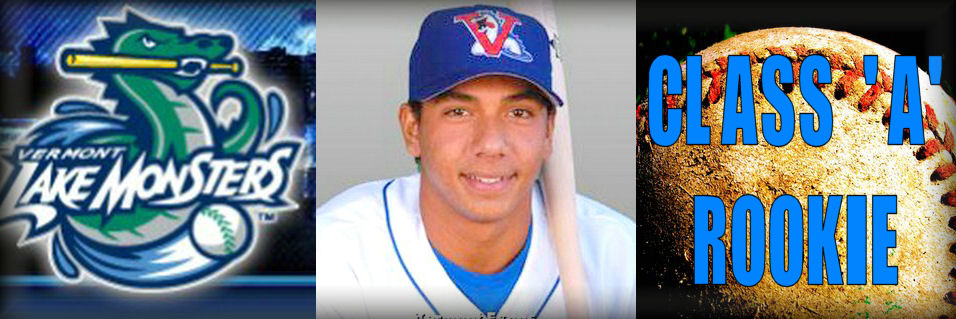















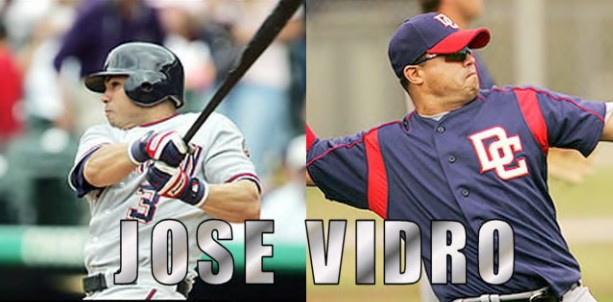




















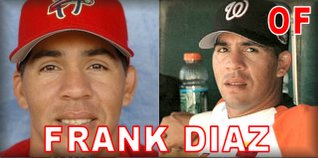

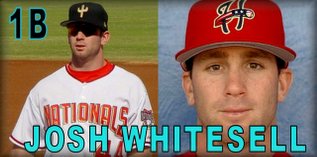
 3) 1926 (road) --- 4) 1936-'37, 1948-'51
3) 1926 (road) --- 4) 1936-'37, 1948-'51 3) 1968 - '71, and 2005 (home) --- 4) 2005 (road)
3) 1968 - '71, and 2005 (home) --- 4) 2005 (road) Buddy Meyer --- Walter Johnson
Buddy Meyer --- Walter Johnson Ed Yost --- Muddy Ruel
Ed Yost --- Muddy Ruel Roger Peckinpaugh --- Joe Cronin
Roger Peckinpaugh --- Joe Cronin Del Unser --- Darold Knowles
Del Unser --- Darold Knowles Ed Stroud - Mike Epstein
Ed Stroud - Mike Epstein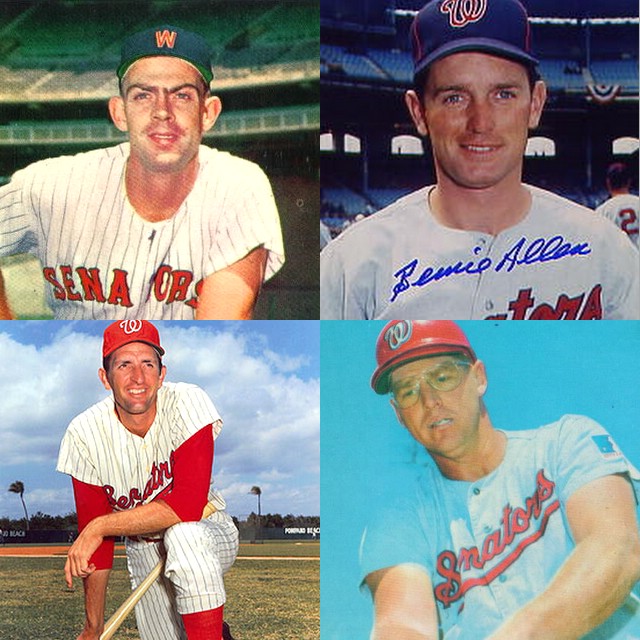 3)1968 -- 4)1969 - 1971
3)1968 -- 4)1969 - 1971